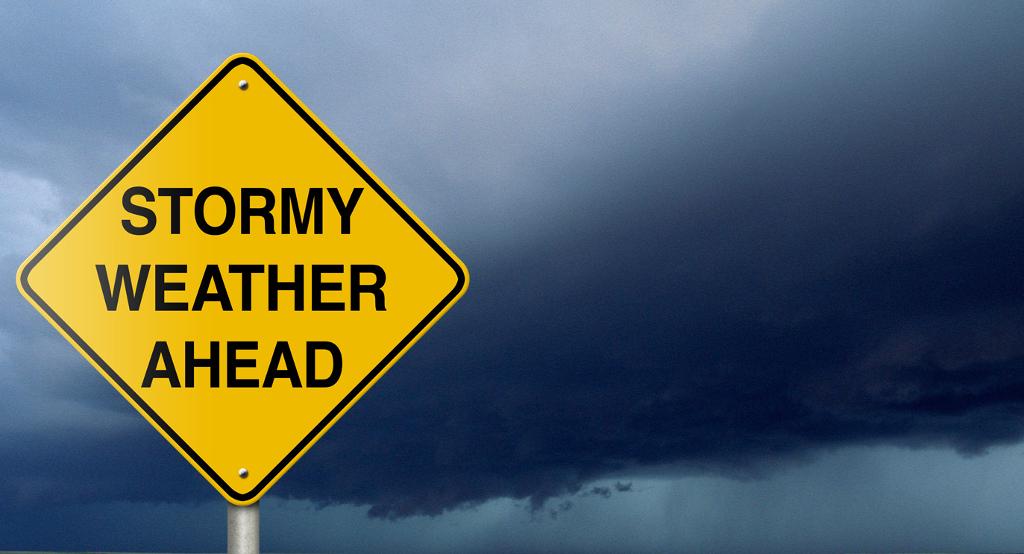Hurricane Safety Tips
Posted On: August 28, 2019

When you service with Stream, you become a part of our family—and your safety is our top priority. With hurricane season in full swing, customers in coastal areas should prepare and protect themselves with these hurricane safety tips.
Important note: Keep an eye on storm updates. If an evacuation order is issued, follow it immediately. Report power outages during the storm to your local poles and wires company.
Supply Checklist
- Water (one gallon per day for each person)
- Several days worth of non-perishable food and a manual can opener
- First aid supplies
- Prescription medication
- Food and water for pets
- Flashlights and batteries
- A charged power bank (to keep cellphones and other electronics charged in case of outages)
- Cash
- Protective clothing (waterproof rain gear, boots, etc.)
- Battery-powered radio
Preparation Tips
- Be prepared for the worst-case scenario of having no power for up to two weeks.
- Locate the safest room in your house (small, interior room away from exterior walls and windows)
- Leave low-lying areas and familiarize yourself with an evacuation route in your community.
- Bring pets inside.
- Protect your windows with storm shutters or plywood boards.
- Charge cellphones and power banks.
- Gather important documents (social security cards, IDs, deeds, insurance papers) and seal them in waterproof bags.
- Get cash from the ATM.
- Fuel up your car.
- If you anticipate flooding, turn off your electricity at the main breaker.
During the Storm
- Take shelter in a small, interior room.
- Avoid windows, glass doors and exterior walls.
- Listen for weather updates on your radio.
- Stay inside at all times. If the weather suddenly becomes calm, you may be in the eye of the storm. Once the eye passes, high winds and rain will resume.
In Case of Power Outage
- Use flashlights rather than candles to avoid fire hazards.
- Turn off or unplug appliances and electronics to avoid damage during a power surge.
- Keep your freezer and refrigerator doors closed. Your freezer can keep food frozen for up to 48 hours, while refrigerated foods can stay cold for up to four hours.
- Stay hydrated and cool. Drink plenty of water, even if you don't feel thirsty, and dress in lightweight clothing. The lowest level of your home will be coolest.